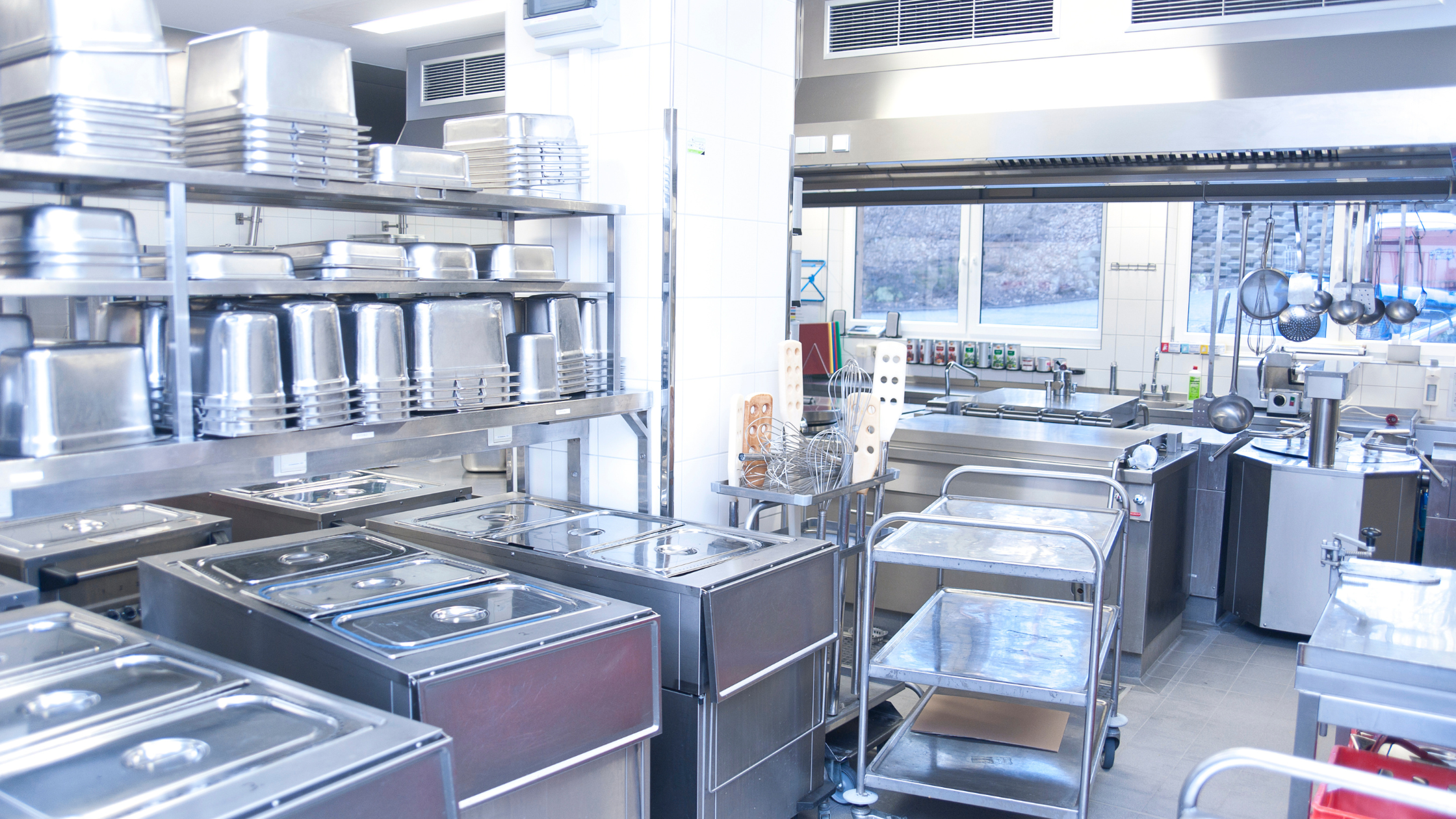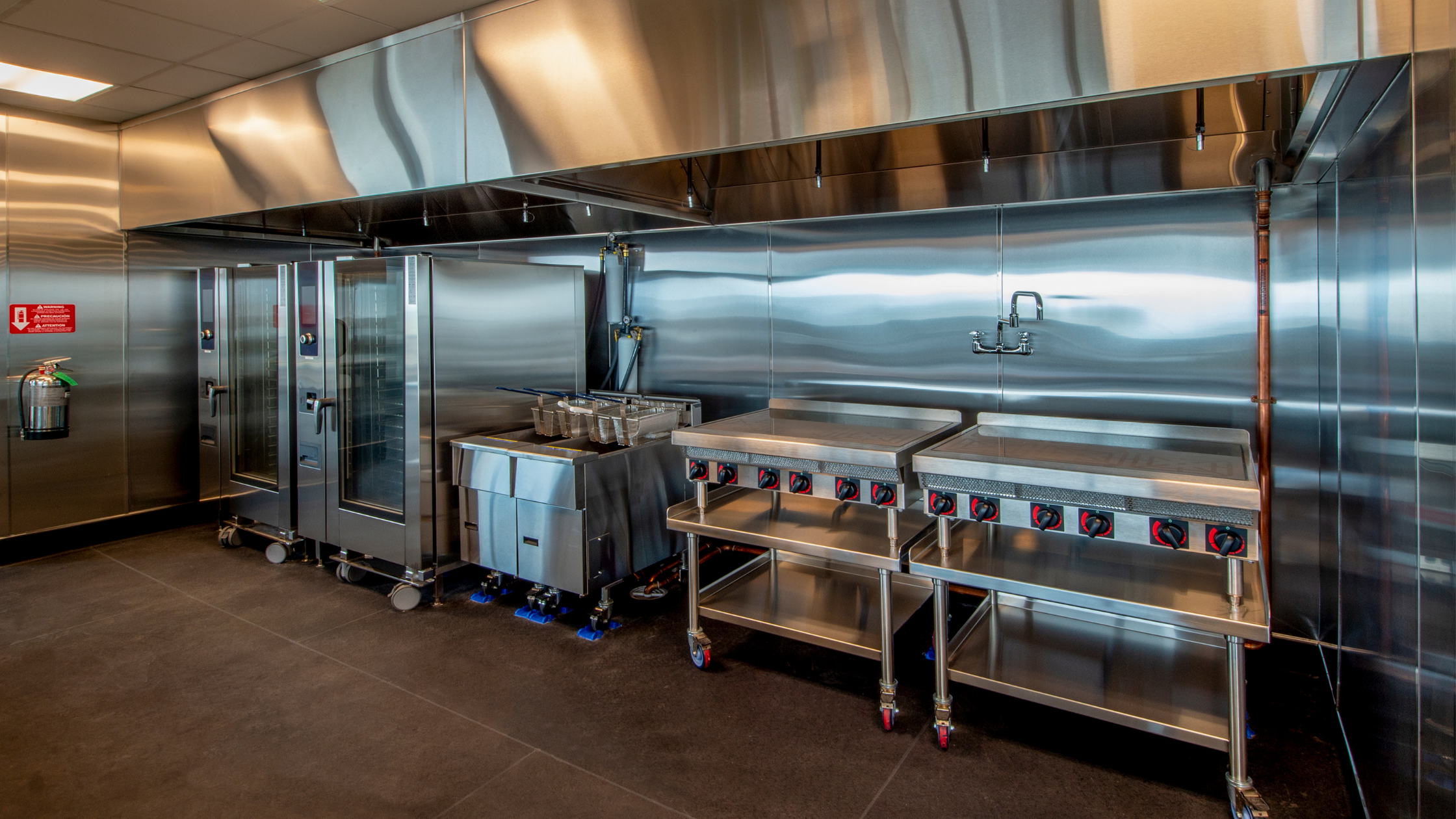
The Hidden Costs of Neglecting Maintenance for Commercial Kitchen Equipment
Introduction
Commercial kitchens are bustling environments where efficiency and productivity are paramount. Essential commercial kitchen equipment plays a crucial role in ensuring smooth operations and the delivery of high-quality food to customers. However, neglecting the maintenance and care of this equipment can result in hidden costs that can significantly impact a business's bottom line.

In this article, we will explore the hidden costs associated with neglecting maintenance for commercial kitchen equipment. We will delve into the importance of regular maintenance and offer tips on choosing the right commercial kitchen equipment for your business. By understanding and addressing these hidden costs, restaurant owners and managers can protect their braycostainless.co.nz investment, prolong the lifespan of their equipment, and avoid unforeseen expenses.
The Hidden Costs of Neglecting Maintenance for Commercial Kitchen Equipment
Proper maintenance is often overlooked in busy commercial kitchens, where time constraints and competing priorities take precedence. However, neglecting maintenance can lead to significant consequences that go beyond the immediate inconvenience of broken equipment. Let's delve into some of these hidden costs:
Decreased Efficiency: When essential commercial kitchen equipment is not properly maintained, it may start to operate inefficiently. For example, a malfunctioning oven may take longer to reach the desired temperature or cook food unevenly. This inefficiency can result in longer cooking times, lower productivity levels, and delays in serving customers.
Increased Energy Consumption: Faulty or poorly maintained equipment often consumes more energy than necessary. This increased energy consumption not only contributes to higher utility bills but also negatively impacts the environment. By regularly maintaining commercial kitchen equipment, businesses can ensure optimal energy efficiency and reduce their carbon footprint.
Higher Repair Costs: Neglected equipment is more prone to breakdowns and malfunctions, leading to costly repairs or even complete replacements. Emergency repairs often come with premium service charges and may require expedited delivery of replacement parts – all of which can significantly impact a business's budget.
Food Safety Risks: When commercial kitchen equipment is not properly maintained, it can pose serious food safety risks. For instance, a malfunctioning refrigerator may fail to keep perishable food at the required temperature, leading to spoilage and potential foodborne illnesses. This not only jeopardizes customer health but also exposes the business to legal liabilities and reputational damage.
Downtime and Lost Revenue: Equipment breakdowns can result in unexpected downtime, causing disruptions to the kitchen's operations and impacting revenue generation. When essential equipment fails, restaurants may need to temporarily close or limit their menu options, leading to dissatisfied customers and lost sales opportunities.
Negative Customer Experience: Inefficient or malfunctioning equipment can have a direct impact on the quality of food served. For example, inconsistent cooking temperatures may result in overcooked or undercooked dishes that fail to meet customer expectations. This can lead to negative reviews, decreased customer satisfaction, and ultimately, a decline in repeat business.
FAQs about Maintenance for Commercial Kitchen Equipment
Q: How often should I schedule maintenance for my commercial kitchen equipment? A: The frequency of maintenance depends on various factors such as the type of equipment, manufacturer recommendations, and usage patterns. However, as a general rule of thumb, most equipment requires quarterly or biannual maintenance checks.
Q: Can I perform maintenance tasks for commercial kitchen equipment myself? A: While some basic maintenance tasks can be performed by staff members with proper training, it is highly recommended to rely on professional technicians for comprehensive inspections and repairs. They have the expertise and knowledge required to identify potential issues before they escalate.
Q: What are some signs that indicate my commercial kitchen equipment needs immediate attention? A: Common signs include unusual noises, decreased performance or efficiency, erratic temperature control, and visible wear and tear. If you notice any of these signs, it is advisable to contact a professional technician for a thorough evaluation.
Q: How can I extend the lifespan of my commercial kitchen equipment? A: Regular maintenance is key to prolonging the lifespan of your equipment. Additionally, proper cleaning, following manufacturer guidelines, and training staff on proper usage and care can also contribute to equipment longevity.
Q: Is it worth investing in preventive maintenance contracts for commercial kitchen equipment? A: Yes, preventive maintenance contracts provide businesses with peace of mind by ensuring regular inspections and proactive repairs. These contracts often include priority service, discounted rates on parts and labor, and reduced downtime in case of emergencies.
Q: What should I consider when choosing new commercial kitchen equipment for my business? A: When selecting new equipment, factors such as energy efficiency, durability, ease of maintenance, and compatibility with existing infrastructure should be taken into account. It is also crucial to evaluate the reputation of manufacturers and seek recommendations from industry professionals.
Conclusion
Neglecting maintenance for essential commercial Brayco New Zealand kitchen equipment can lead to hidden costs that go beyond immediate repair expenses. Decreased efficiency, increased energy consumption, higher repair costs, food safety risks, downtime, lost revenue, and negative customer experiences are among the potential consequences. By prioritizing regular maintenance and investing in quality equipment upfront, restaurant owners can mitigate these hidden costs and ensure a smooth operation that delights customers while protecting their bottom line. Remember that prevention is always better than cure when it comes to maintaining commercial kitchen equipment.